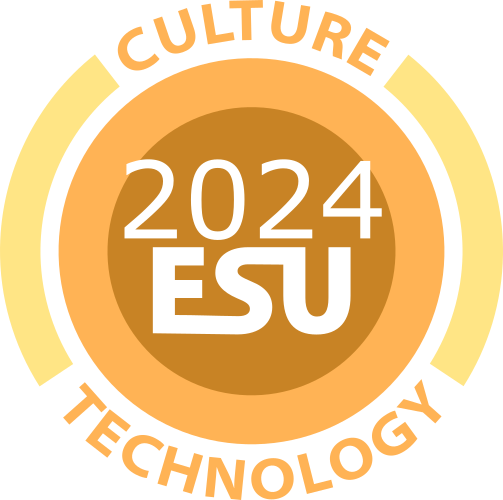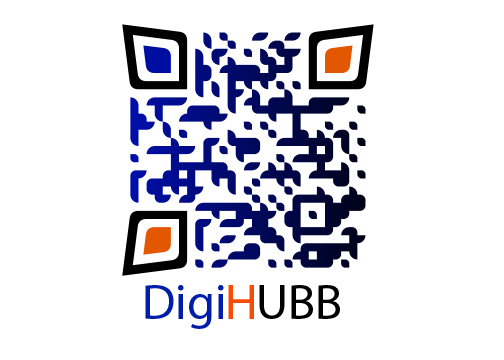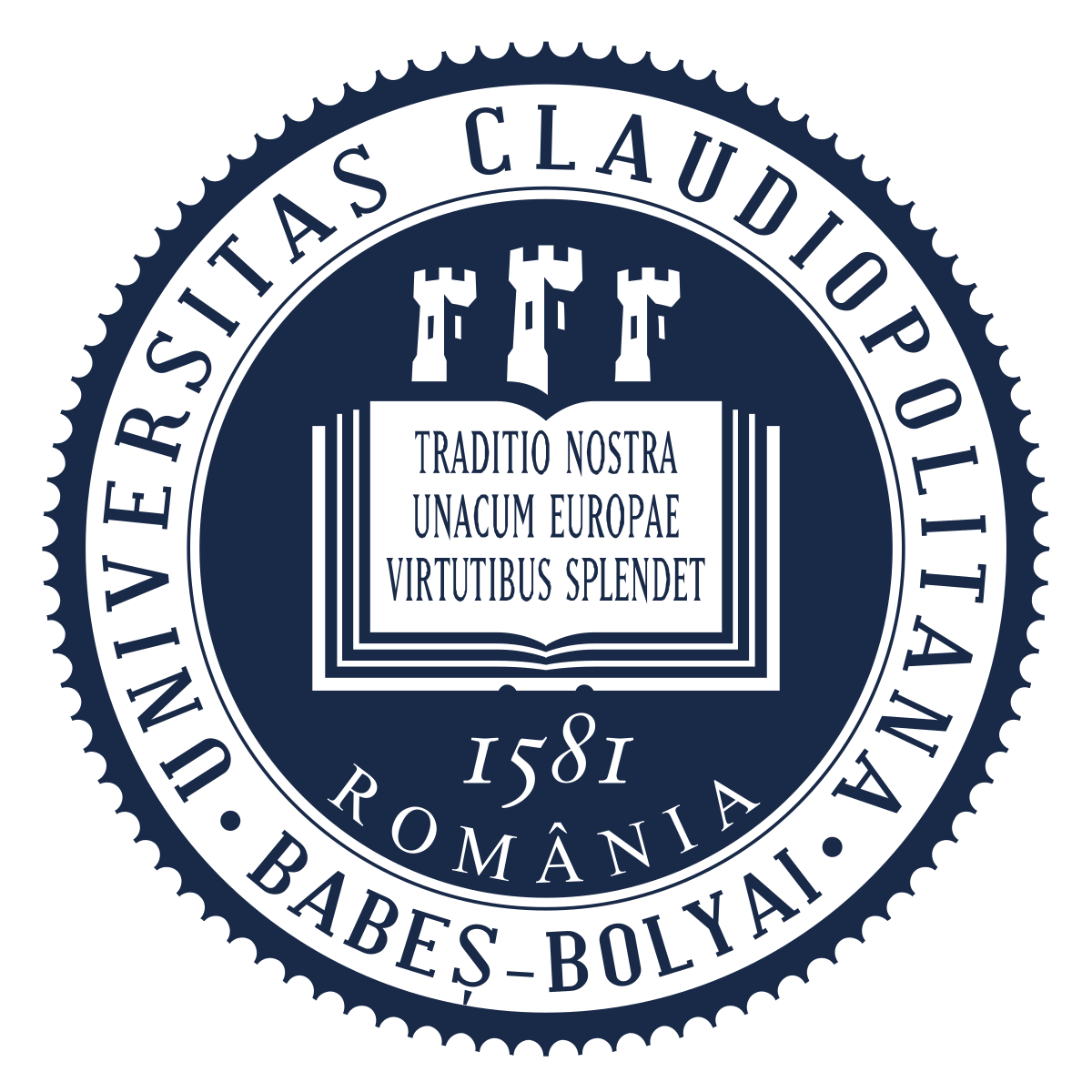Markus Jochim
In this one-week workshop, we will learn basic methods and vocabulary
for analysing spoken language data. These methods are widely used in the
fields of phonetics and linguistics: To determine phonological
properties of languages and language varieties, and also to describe
their fine phonetic detail; that is, the exact pronunciation of
individual words or sounds. This is often extended to cross-linguistic
analyses in the research of second language acquisition; or to
cross-generational comparisons between younger and older speakers of the
same variety, to investigate language change. There are also clinical
use cases, for example when diagnostic tools for pathological speech are
based on the fine phonetic detail of healthy and unhealthy control groups.
We will cover the perspectives of both speaking and listening, or, as
phoneticians often put it: speech production and speech perception.
Starting out with the speech production side, we will develop a
methodological understanding of what is in a recording of speech. We
will then proceed to ways of analysing the recording and comparing it to
others, which includes various types of phonetic/linguistic measurements
of the voice (e.g. fundamental frequency, formants or zero-crossing
rate) and also some technical properties of the digital recording and
its quality (e.g. sample rate and signal-to-noise ratio). Using free
software (e.g. Praat1), we will analyse pre-existing recordings and
extract acoustic measurements to phonetically describe the recorded
speech. We will also produce research quality recordings of our own
speech in the participants’ first and second languages and apply the
same research techniques to these recordings.
On the listener’s side, we will explore experimental paradigms that
allow us to observe how speech is perceived. During the workshop, we
will run our own experiment, where we will be our own participants,
thereby collecting perception data to work with. We will then learn how
such data are typically structured and how to make sense of them in our
analyses. These experiments are often used to observe listeners’
„hidden“ linguistic knowledge: The many tiny acoustic differences that
listeners exploit, but cannot describe actively due to a lack of
awareness and/or suitable vocabulary.
The workshop is aimed at students and researchers who are interested in
spoken language but whose experience thus far is mostly with the
linguistic analysis of written sources or transcribed speech.
Please bring your own laptop (no need for a particularly powerful one)
and headphones (high-quality headphones are more useful but not strictly
required).


